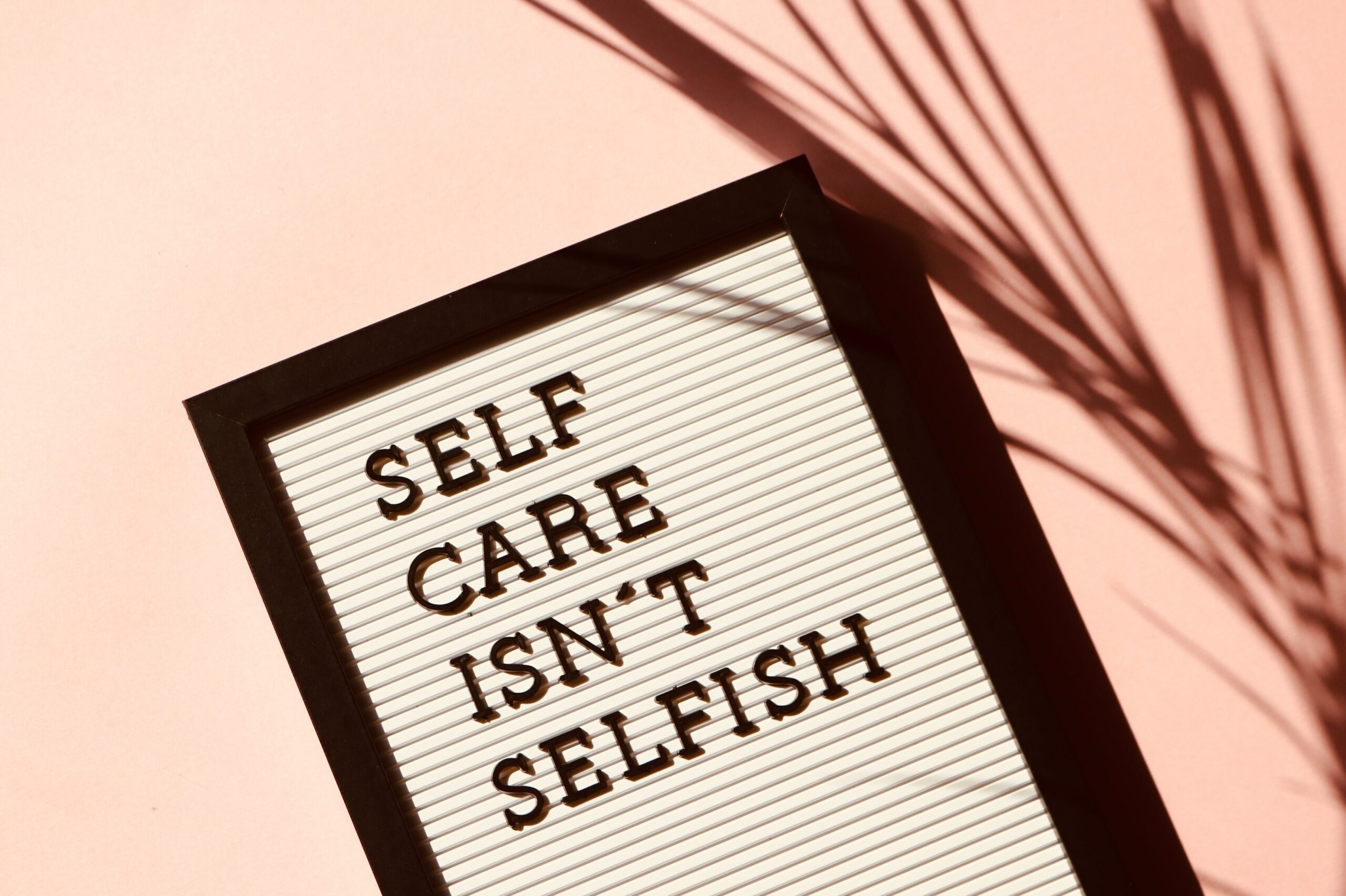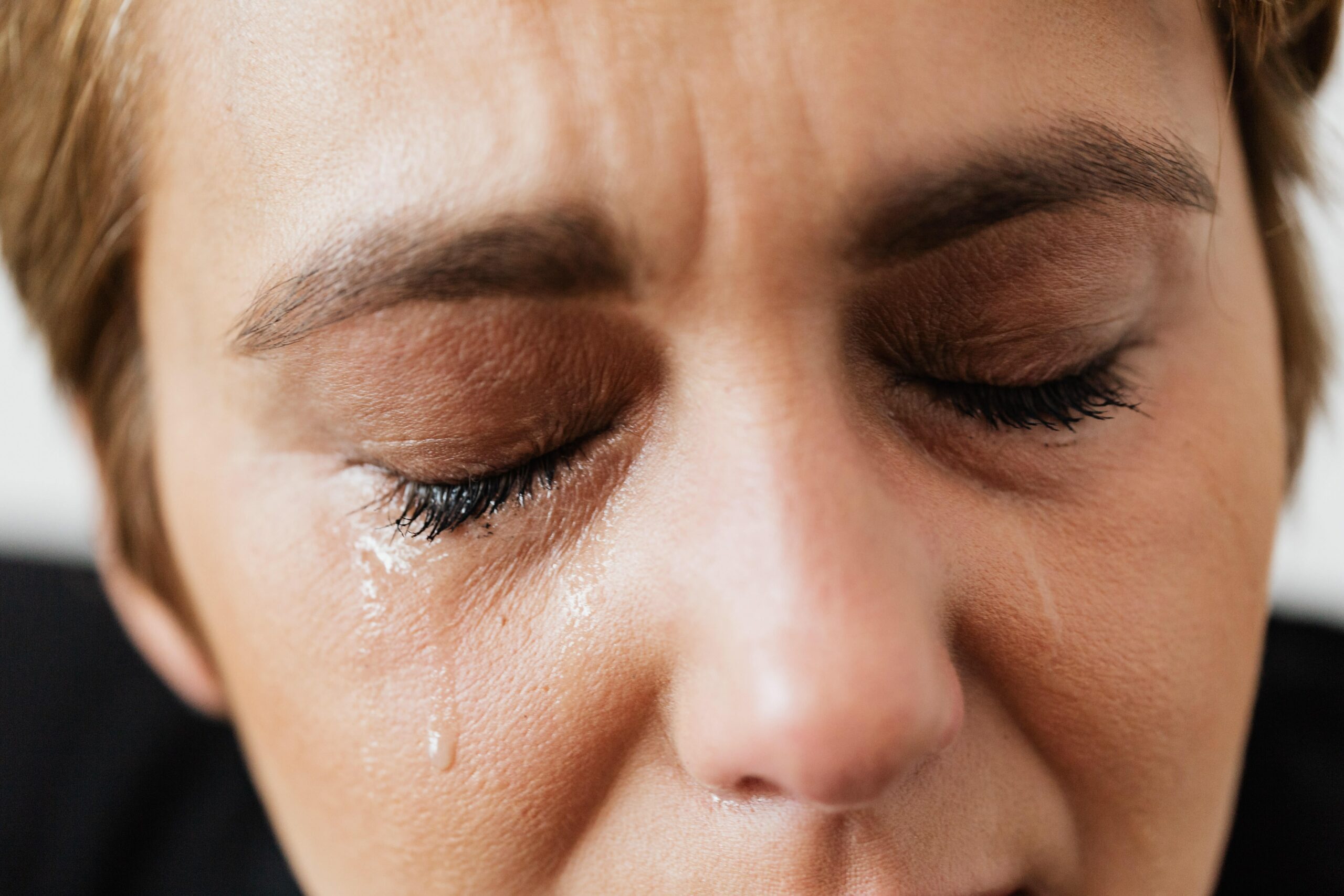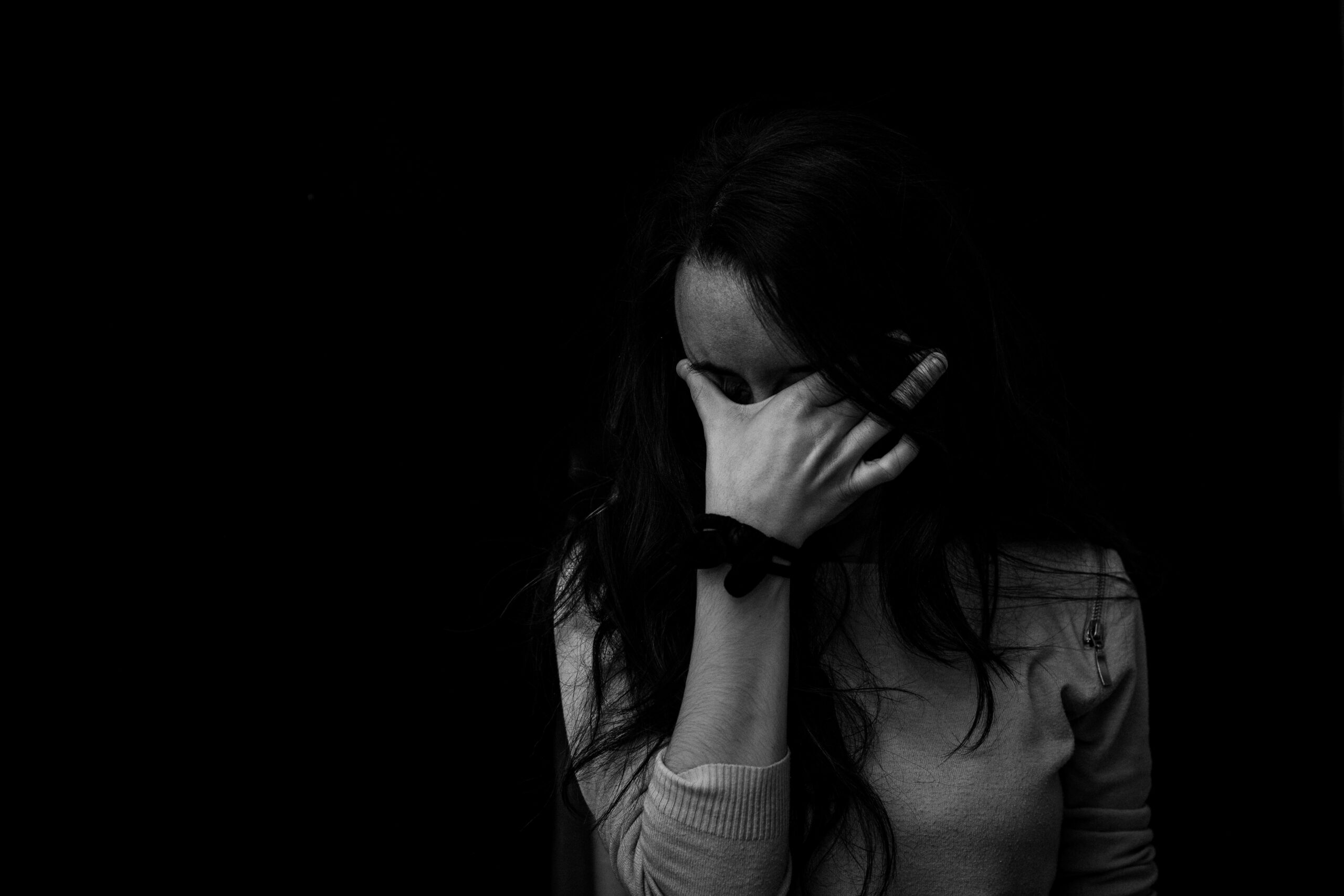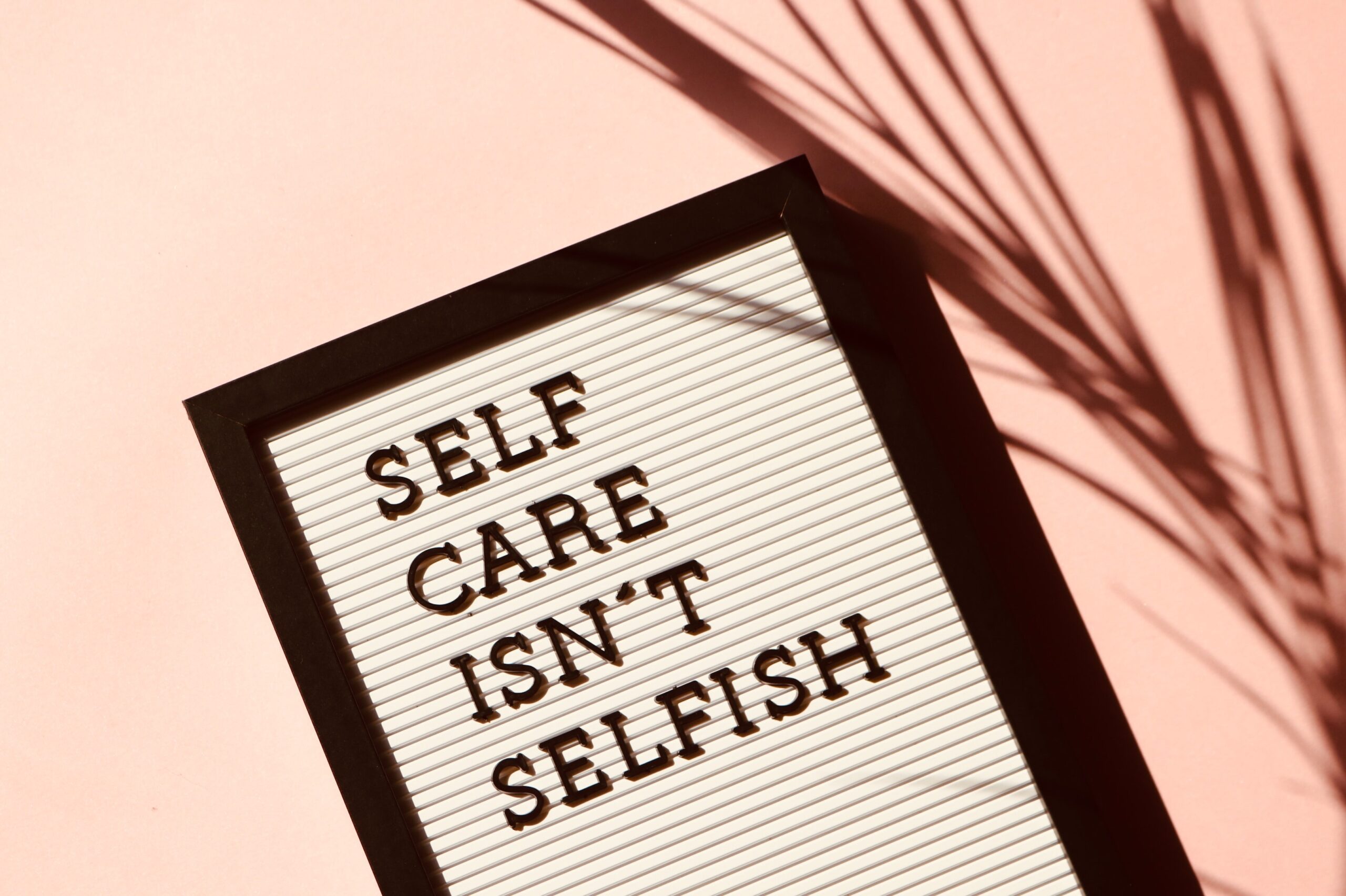
Social Media usage went up massively during the pandemic.
At the same time social distancing meant our real-world interactions were kept to a minimum.
Our world for the past 18 months has overwhelmingly been seen through social media and online channels.
And it’s safe to say not everyone has coped.
This story is based on real life events and shows that anyone’s mental health can be impacted by social media.
“I’ve quit LinkedIn as it was affecting my mental health”
That’s what somebody said to me last week.
I was surprised when somebody said it, as I’ve always seen LinkedIn as a positive supportive place.
And then they explained
“During the pandemic I didn’t know if my business was going to survive. And all I was seeing on LinkedIn was people posting they were having their best month ever”
I got it.
When things aren’t going well LinkedIn must be hard to look at … like Instagram is for some people with everyone presenting their perfect life.
I think because I work in Social Media I can be more resistant to “the perfect life” people present of themselves.
Does Social Media affect your Mental Health?
If it does here are 5 Coping Mechanisms For Protecting Your Mental Health From Social Media.

1. STEP AWAY FROM SOCIAL MEDIA
I know i’m a social media manager and trainer, so you wouldn’t necessarily expect to hear this.
But if social media is causing you untold misery and stress and impacting your mental health step away for a while.
I’m not saying step away permanently, because it’s nigh on impossible to run a business without social media.
But just find something you enjoy and takes you away from looking at social media.
For myself I have 3 big escapes
– Running
– Cinema
– Live Music
Throughout the week I schedule in these moments where I simply don’t look at social media.
The rest brings me back to social media refreshed and gives me that essential breaks.
If after a break from social media it’s impacting you long term – well obviously, seek professional help for your mental health, but also find someone in the office to train up on social media or outsource it to a marketing company.
2. KNOW THE SIGNALS AND FLIP THE PLATFORMS
Start to understand the signals on social media and recognise when your mental health will be impacted.
For myself, I know election time and Twitter and Facebook are hellish times to be. During these times I reduce my times on these platforms by over 50% and dedicate more time to LinkedIn and Instagram. It means I protect my sanity and I still market my business.
You need to understand what sort of content, what time of the day / month / year are those trigger moments.
If one of the key things stressing you out is people posting about having “their best month ever” – avoid the dates between the last Friday of the month and the 1st Tuesday and you’ll be able to avoid most of that type of content.
There are avoidance techniques for most scenarios and most platforms.
You just need to write them down and find a plan to avoid.

3. UNDERSTAND SOCIAL MEDIA VS REALITY
You need to be able to decode social media.
– Some people are relentlessly negative on social media
– Some people are balanced in what they post on social media
– Some people are always positive in what they post on social media
And there are so many variables within those options.
What you have to understand is when someone posts on social media it’s a very one-dimensional picture. Hopefully it’s the truth, but it’s just one part of a bigger picture.
I know when I’ve posted about having our best month on social media – what I actually mean is it’s been my best month financially. On a personal level my best months financially have always been my most stressful months and I’d have swapped a few sales for a bit of time off.
As they always say the grass is always greener on the other side, so be careful what you wish for.
4. ENGAGE WITH OVERWHELMING POSITIVITY AND JOY
Some of my best days on social media are when I don’t overthink it.
I don’t think of what this will do for my business.
Just turn up on social media.
See a happy post.
And respond with joy.
And then repeat.
I usually take this approach when I’m away from the PC and taking a half day off.
It sounds a bit woo woo, but putting those positive vibes out on social media really does make you smile and the good vibes come back.
Try it right now – 15 minutes on social media and respond to any funny posts (work appropriate) or positive posts you see.
You’ll be smiling within no time.
5. BE HONEST WITH HOW YOU’RE FEELING AND POST ON SOCIAL MEDIA ABOUT IT
You’ve heard the word Authenticity mentioned a lot on social media.
Being yourself and posting about how you feel on social media can be therapy.
I know that when I’ve posted about areas I’ve struggled with I’ve found I’m not alone.
I’ve struggled with seeing just 7 people during the whole pandemic.
I’ve struggled attending my 1st ever networking event after restrictions were lifted.
At times i’ve struggled with what to write.
I’ve struggled with trolls on social media.
When I posted on social media that I felt this way, a cloud was lifted.
People are generally supportive on social media if you tell the truth and let them in.
NEED HELP WITH SOCIAL MEDIA TRAINING FOR YOUR BUSINESS
Chat to us about Social Media Marketing for YOUR organisation , so we can better understand YOU and what will grow your organisation
We can chat about whether online or Face 2 Face is better for you
We can only find out what is unique to your business by chatting with you
Look at our Social Media Training and Social Media Management services
We offer Social Media Training on
* LinkedIn
* Instagram
* Facebook
* Twitter
* Blogging
We can do this
* 121
* Corporate Workshops
* Group Workshops
* Face to Face or Via Zoom / Skype
Please call Alex on 07806774279 or email alex@altrinchamhq.co.uk


